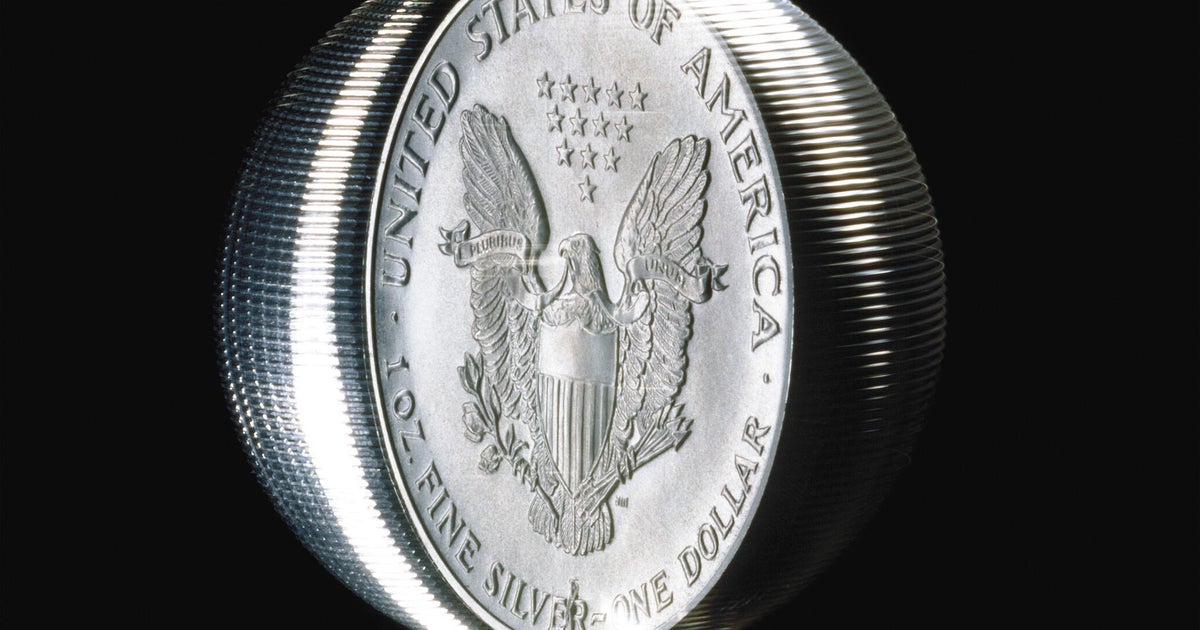Debt consolidation loans vs. debt consolidation programs: What's the difference?
Credit cards have become an integral part of modern financial life, offering convenience, security and potential benefits like cashback or travel rewards. Yet, their ease of use can be a double-edged sword, tempting cardholders to overspend and accumulate balances that incur hefty interest charges. This pattern of revolving debt can quickly snowball, turning a useful financial tool into a source of stress and financial strain.
When credit card debt becomes overwhelming, many turn to debt consolidation as a potential lifeline. This strategy can take various forms, each with its own set of advantages and considerations. Some opt for personal loans to combine their debts, while others explore balance transfer credit cards or work with debt relief companies to negotiate with creditors. Each approach aims to simplify repayment and potentially reduce interest costs, but the best choice depends on individual circumstances.
Choosing the right debt consolidation method requires careful consideration of your financial situation, credit score and long-term goals. While consolidation can provide relief and a clearer path to becoming debt-free, it's not a one-size-fits-all solution, and you should thoroughly research your options and understand the terms and potential risks involved before committing to a debt consolidation plan.
Learn more about your debt relief options now.
Debt consolidation loans vs. debt consolidation programs: What's the difference?
"Debt consolidation loans and debt consolidation services can be important when it comes to managing finances," explains Derek Miser, investment advisor and CEO at Miser Wealth Partners in Knoxville, Tennessee. "However, there are distinct differences between both." Here's what you should know:
What is a debt consolidation loan?
"Debt consolidation loans are used to specifically pay off debts," explains Miser. "You can combine all debts into one loan. The debt consolidation loan will typically have a lower interest rate than your current debts."
These loans don't just save you money. They can also make your debts easier to manage. After all, you'll use them to consolidate multiple credit cards and personal loans into one account. Two common types of loans used to consolidate debts are:
- Debt consolidation loans: These loans typically come with competitive interest rates when compared to credit cards and a fixed payoff plan, offering a clear path to payoff.
- Home equity loans: Home equity loans may give you a way to access a significant amount of money at a competitive interest rate. As such, these loans provide a compelling way to consolidate high interest debt.
Tap into the debt relief you deserve today.
What is a debt consolidation program?
A debt consolidation program is a service that's offered by a debt relief company and it functions similarly to a traditional debt consolidation loan. With this type of program, you work with the debt relief company to obtain a debt consolidation loan (typically through a third-party partner lender) that is used to consolidate your credit card debt into one lump sum loan.
The loans offered as part of these programs typically have lower rates than your credit cards, saving you money on interest charges and potentially expediting the debt repayment process. Once your debts are paid off using the funds from the debt consolidation loan, you make payments each month directly to the debt relief agency to repay what you borrowed as part of the debt consolidation program.
Do debt consolidation loans hurt your credit score?
Debt consolidation loans don't typically have a negative impact on your credit score, but they may have a positive impact. That's because one of the factors that make up your credit score is credit utilization. When you use a new loan to pay off your existing credit cards, your credit utilization score should improve. As such, your credit score may rise.
Do debt consolidation programs hurt your credit score?
Debt consolidation programs typically don't hurt your credit score unless you close the credit card accounts you've paid off, which could affect your available credit, potentially lowering your credit score temporarily. Otherwise, it's likely that you'll see an increase to your credit score because of having a lower credit utilization ratio.
Who is a debt consolidation loan best for?
"In order to obtain a debt consolidation loan, you will have to apply, which will require a credit check," says Miser. "The terms of the loan will depend on your credit score." The best rates and terms are usually reserved for those with the best credit scores and overall applications. So, this is often a strong option if you're not falling behind on your debts but want a faster way to pay them off.
Who is a debt consolidation program best for?
Debt consolidation services may be good for those who have good credit scores — but may also work for those with a few blemishes on their credit reports. That's because debt relief services and their partners specialize in working with those who are facing debt issues, so the lending parameters, like the required credit scores, may be lower than what's required to borrow with a credit union or bank. You'll still need a relatively solid borrower profile to qualify, but there may be more flexibility by taking this route.
The bottom line
"Choosing between debt consolidation loans or services will ultimately depend on your situation and preference when it comes to handling debt," explains Miser. "You should do your research and speak with a financial professional before making a decision."
This story has been updated to clarify the difference between debt management and debt consolidation programs.




